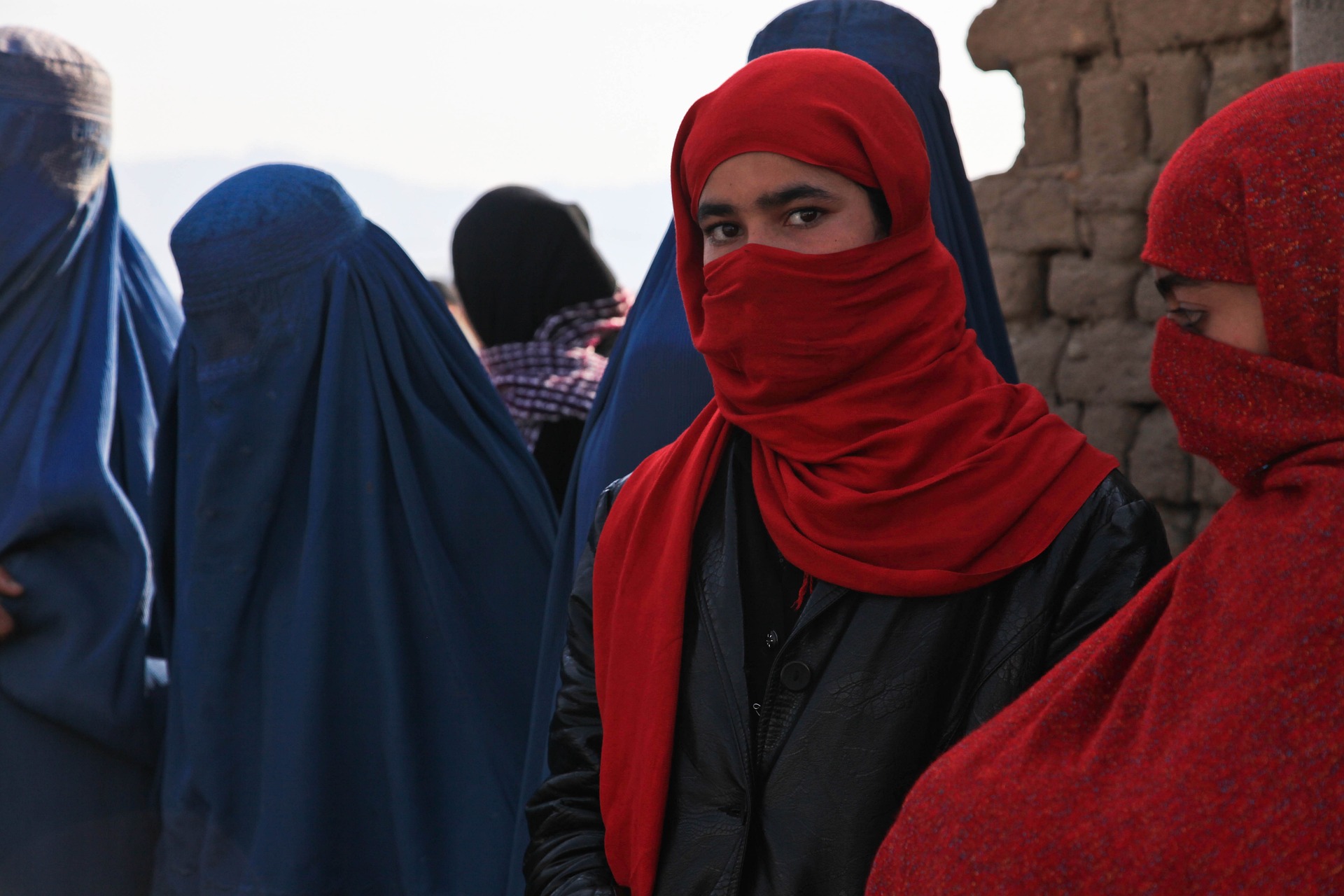As Afghanistan enters its fourth year without training new female doctors, the Taliban’s recent ban on women studying midwifery has compounded an already dire healthcare crisis. This policy not only closes one of the last remaining educational opportunities for women but also poses a significant threat to the nation’s healthcare system, particularly in rural areas where the situation is already precarious.
Since the Taliban’s return to power in 2021, the education and healthcare sectors in Afghanistan have suffered severe setbacks, particularly for women. On December 20, 2023, marking two years since the Taliban banned women from attending universities, a new prohibition on studying midwifery was introduced, further limiting the educational options for women. The ban directly affects women like a 20-year-old from Nangarhar, who was forced to abandon her dream of studying computer science and turn to midwifery due to the lack of other educational options.
The Taliban’s restrictions on female education and employment have devastated Afghanistan’s healthcare system, particularly its capacity to address maternal health. Afghanistan already has one of the highest maternal mortality rates globally, with 638 deaths per 100,000 births, a situation worsened by the lack of trained midwives and other medical professionals. Ravina Shamdasani, spokesperson for the UN High Commissioner for Human Rights, warned that these restrictions will further limit women’s access to essential healthcare, as male doctors are prohibited from treating women without a male relative present.
The impact of this ban is felt most acutely in rural areas, where healthcare access is already limited. In many remote villages, female midwives are the primary healthcare providers, offering vital services such as prenatal and postnatal care. A woman from a rural area described how a single female “doctor” in their clinic had to handle all health issues, including childbirth, but had very limited resources. In some districts, the nearest clinic is miles away, and families are reluctant to take female relatives to male doctors, contributing to the death of pregnant women at home or en route to clinics.
Dr. Soroush, an experienced obstetrician, emphasized the importance of midwives in rural healthcare, noting that many areas lack obstetricians but still have midwives who provide essential services. However, the lack of new female midwives—due to both the ban on midwifery education and the broader erosion of women’s rights—is set to exacerbate the already critical shortage of healthcare professionals.
The international community has a critical role to play in addressing this growing humanitarian crisis. As Afghanistan faces a worsening healthcare emergency, particularly for women and children, global actors must urgently push for the restoration of women’s educational and professional rights, including the ability to study midwifery, to help safeguard the lives of millions.
Excerpts From: The Jurist
Image by Amber Clay from Pixabay



